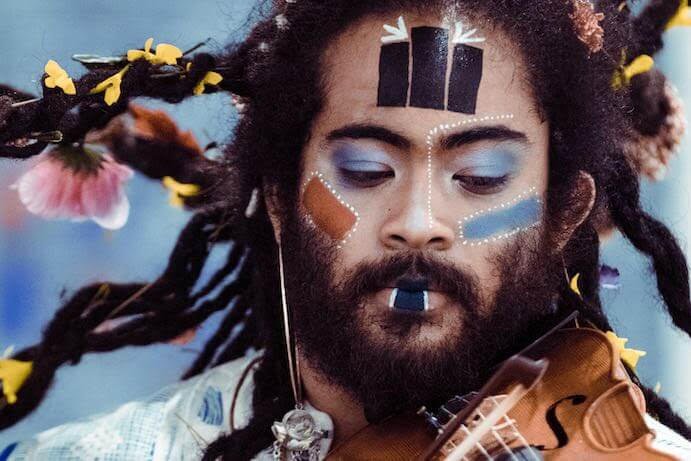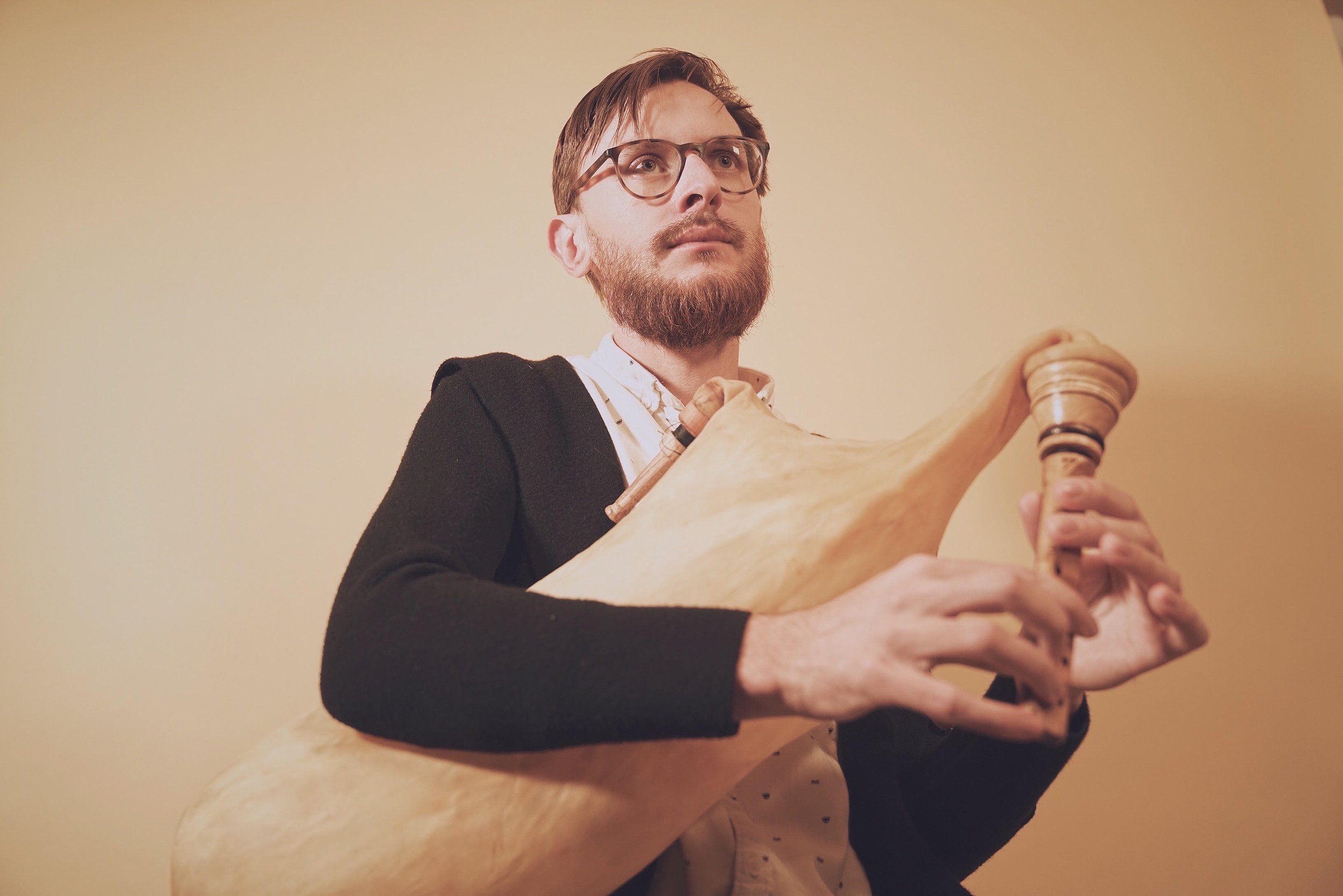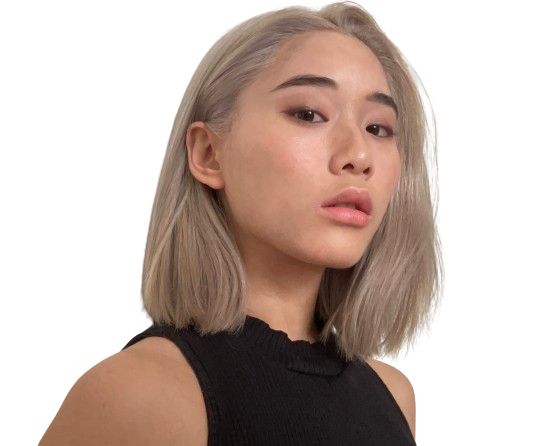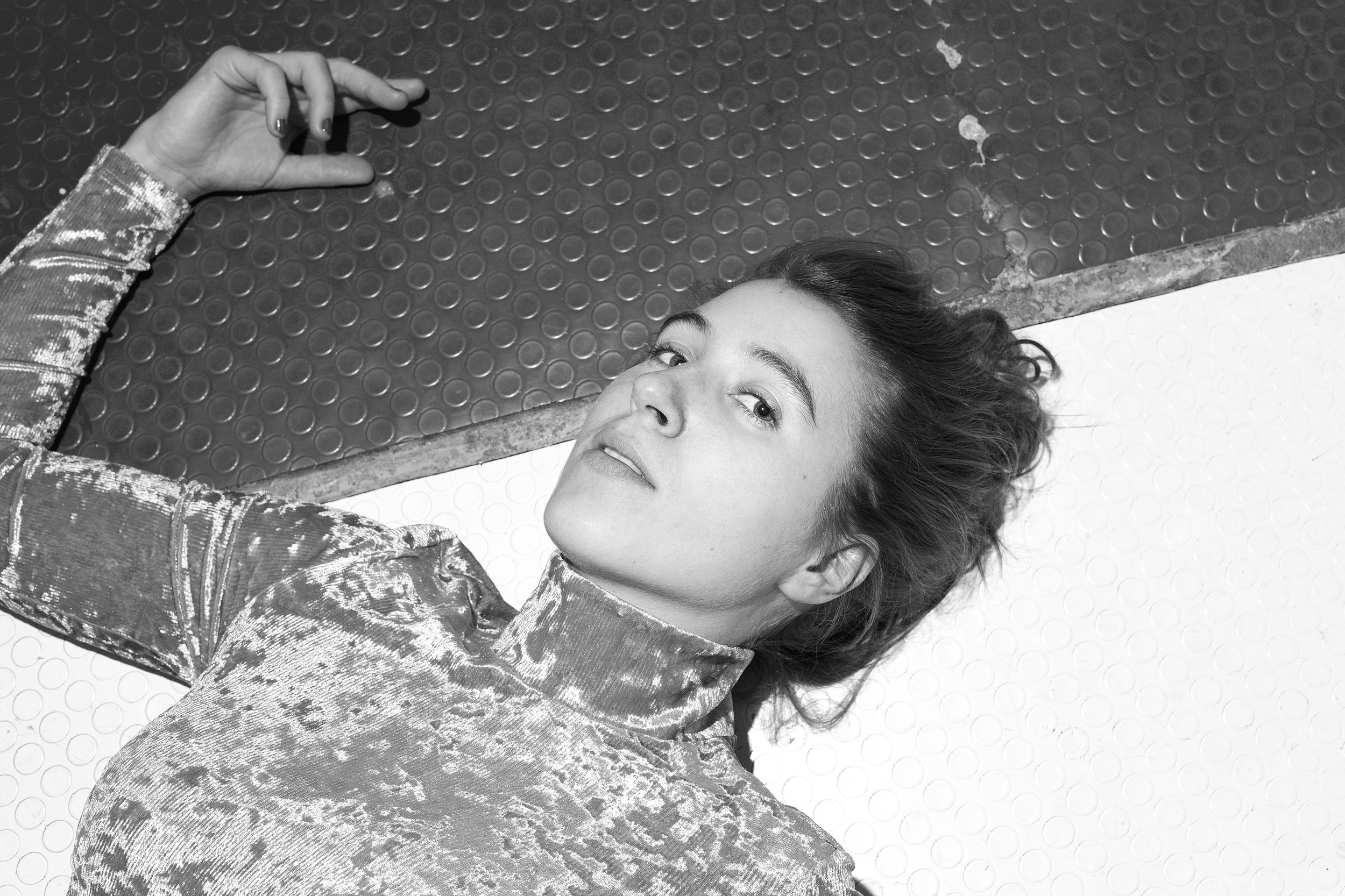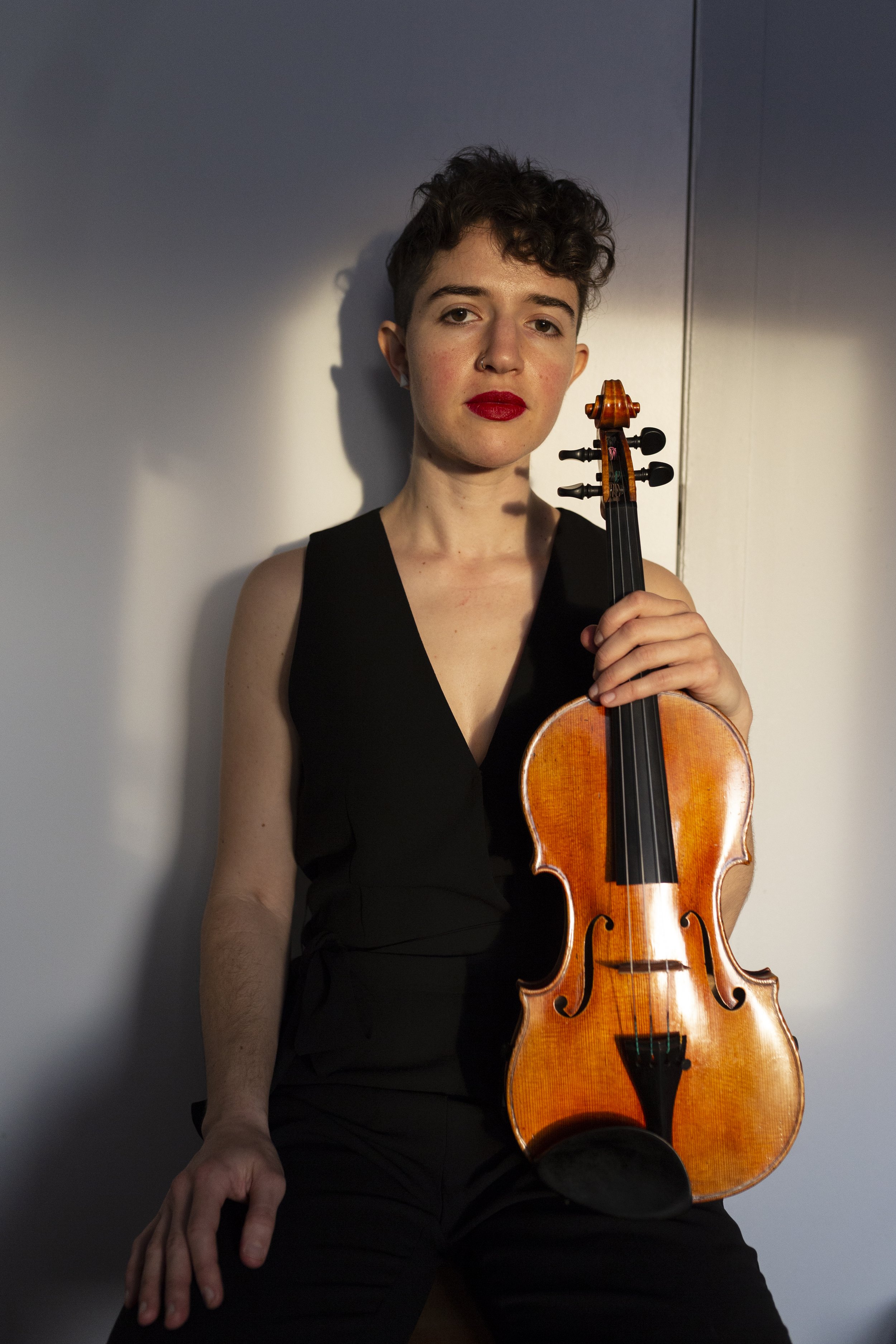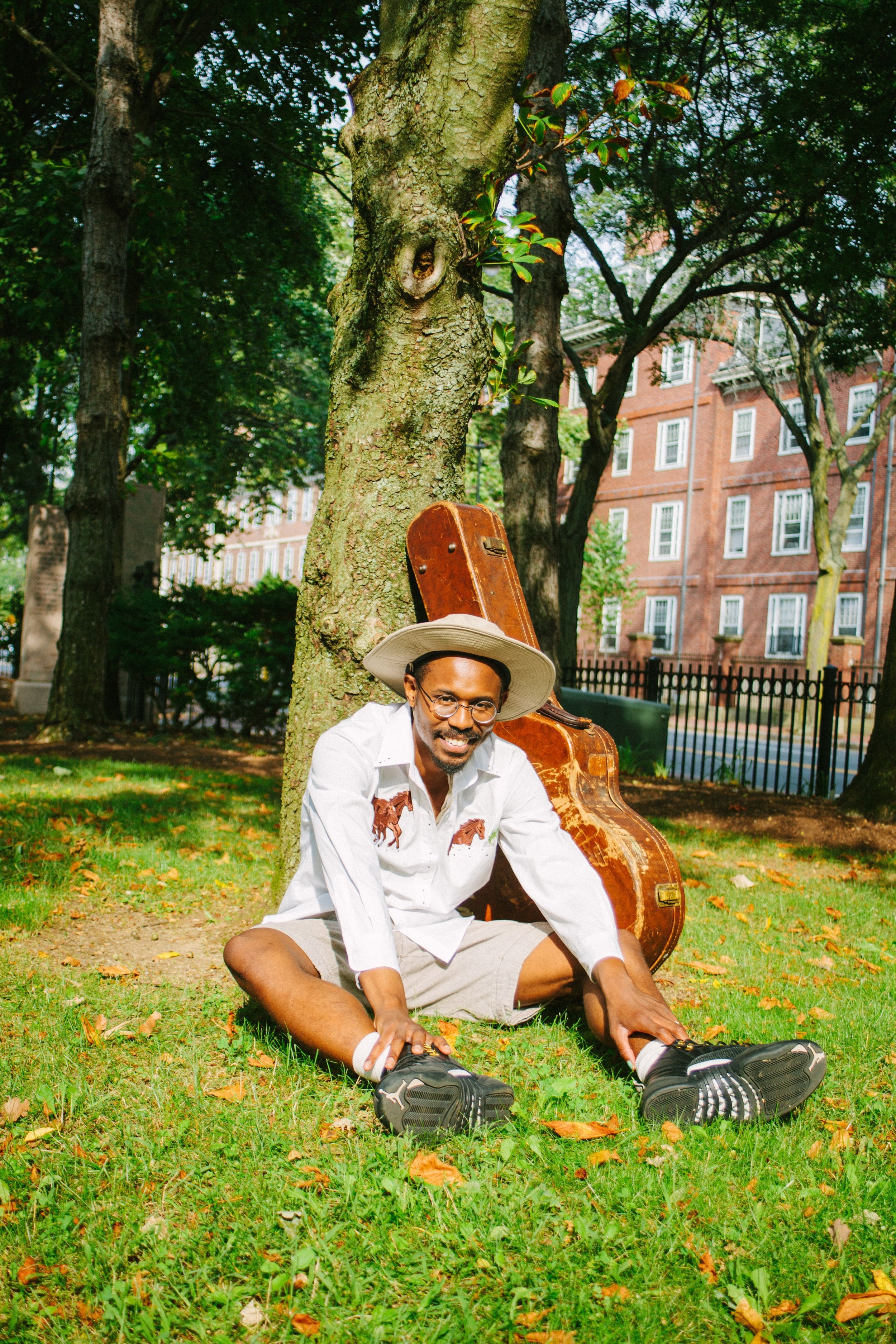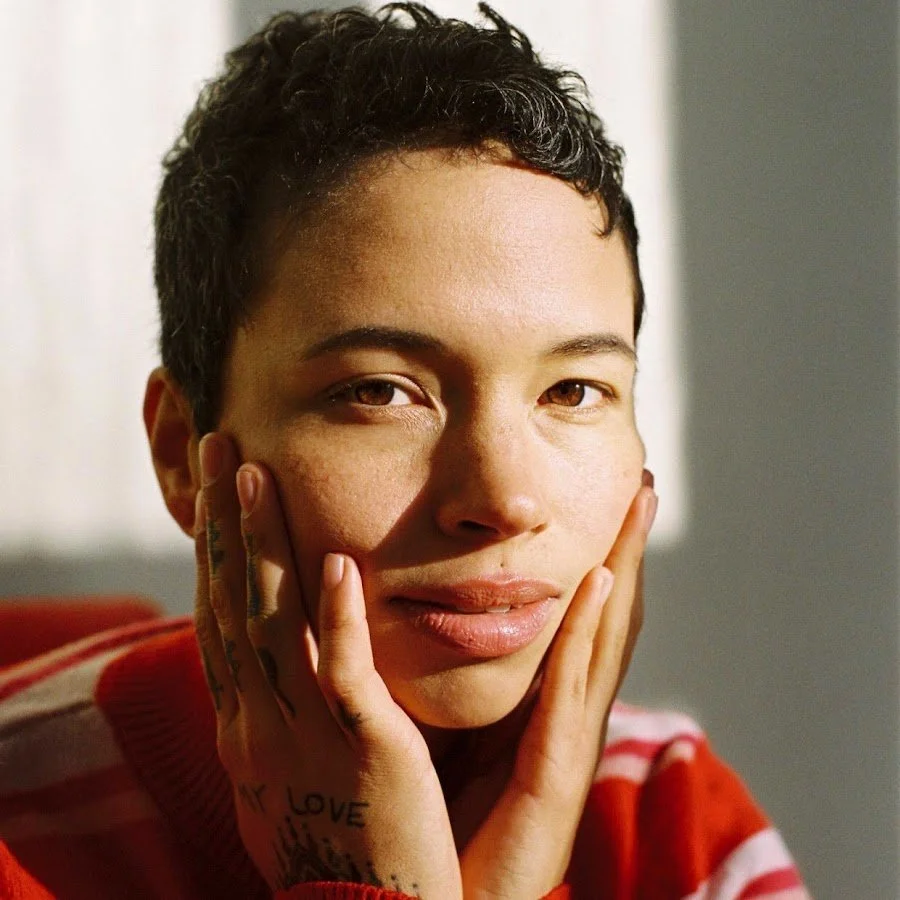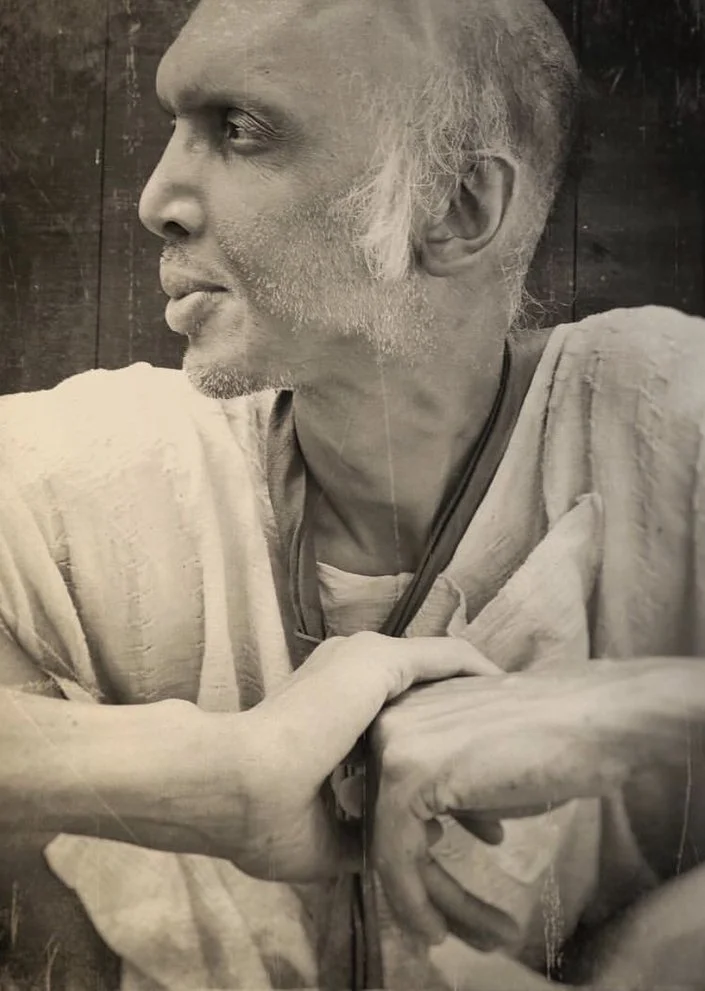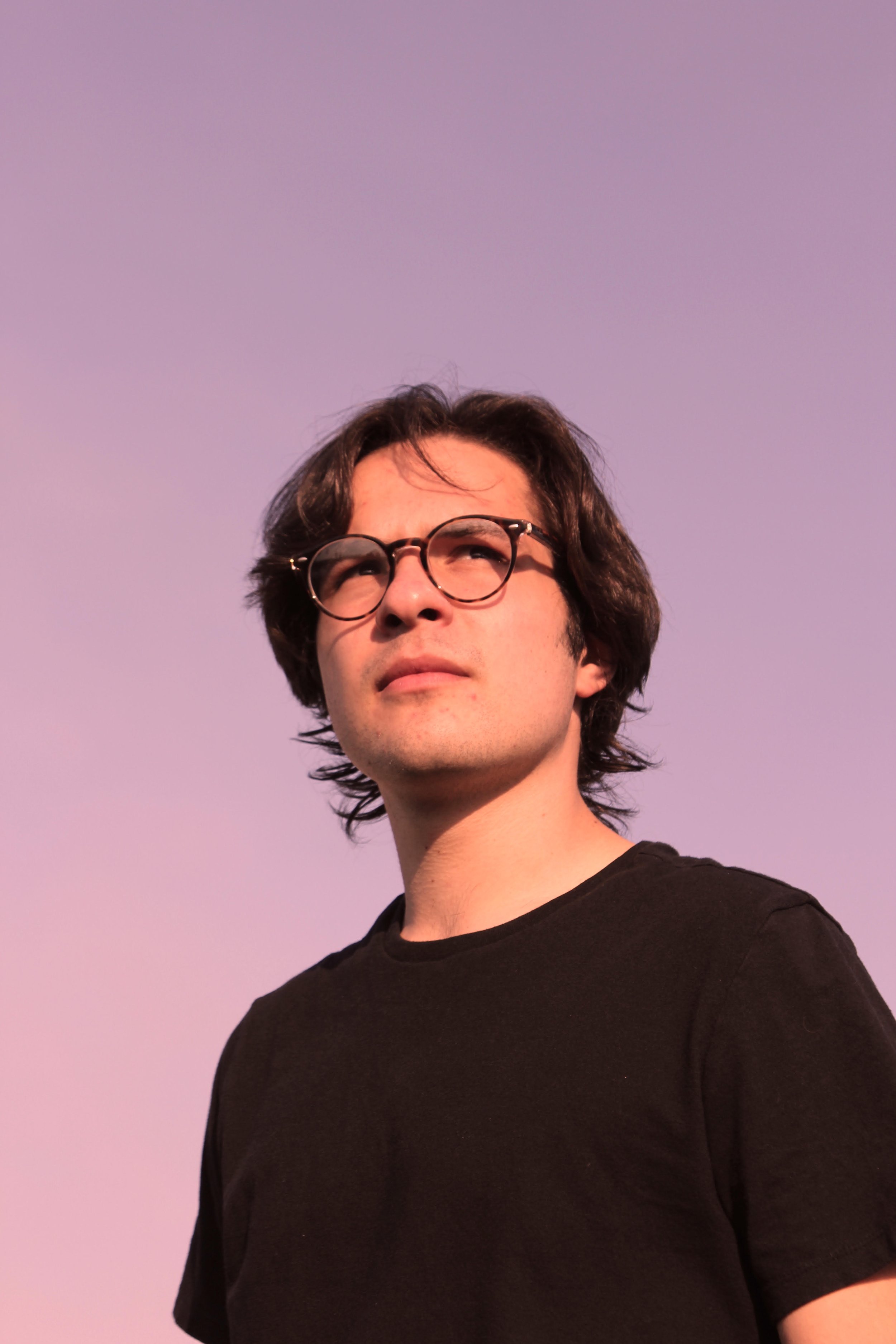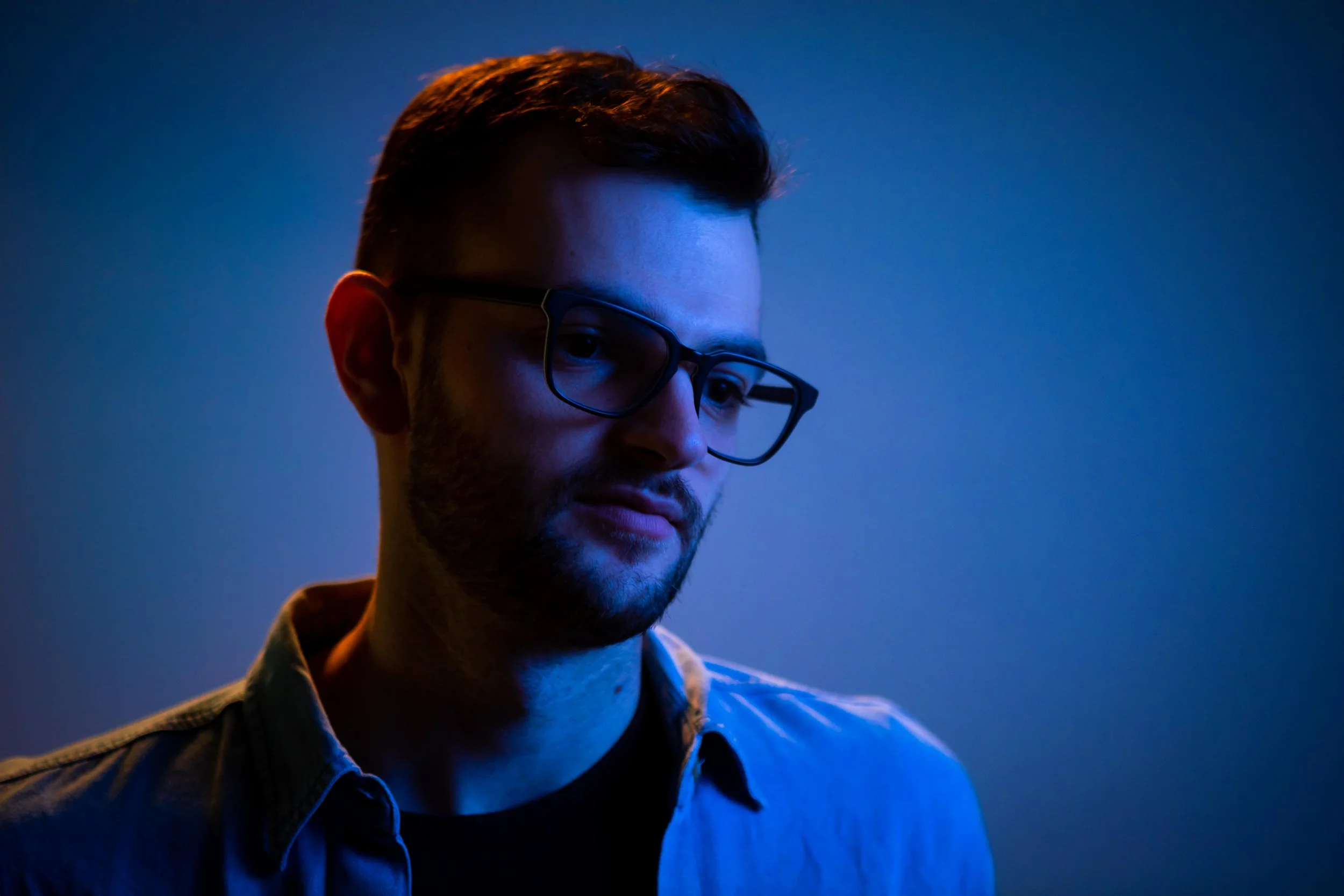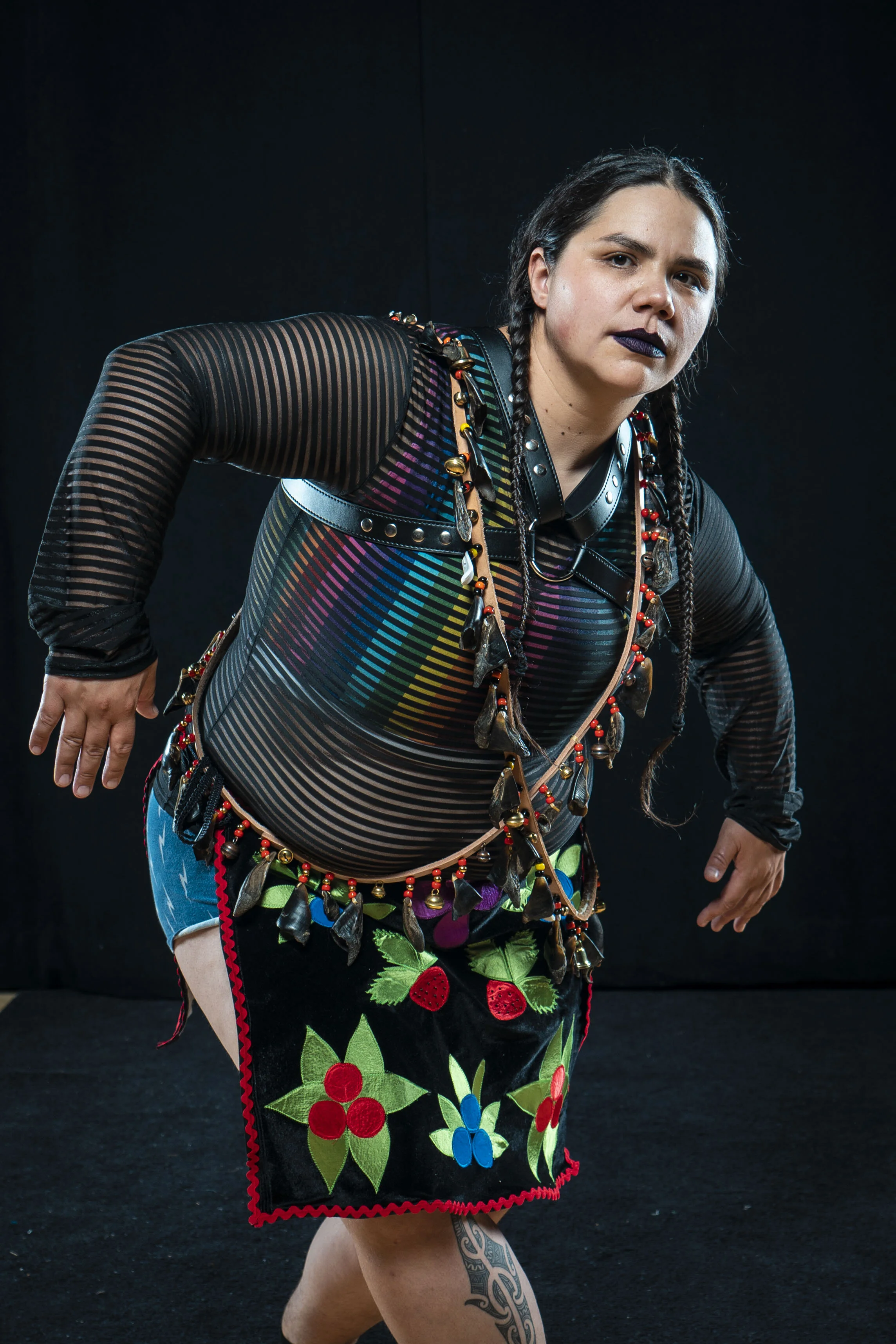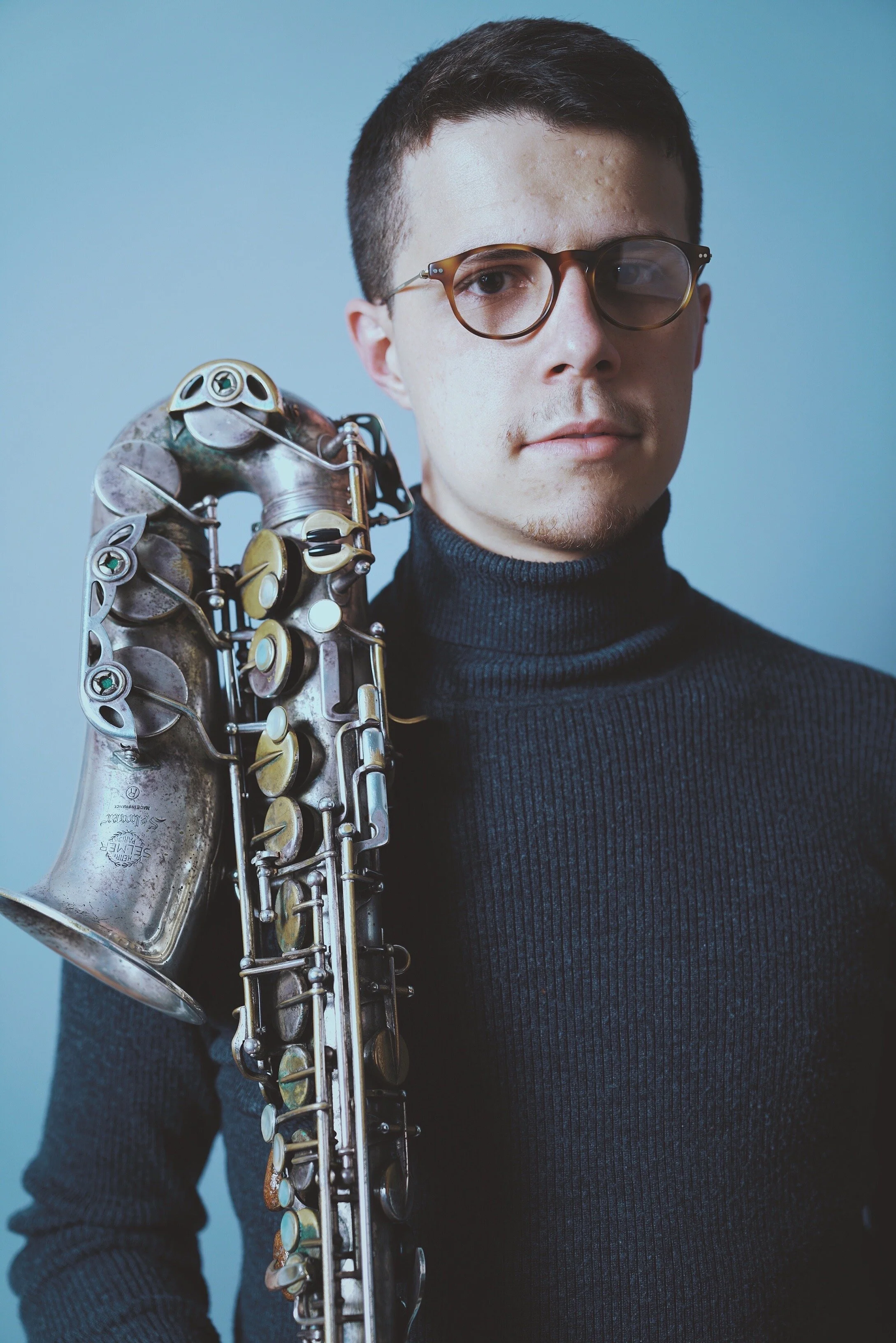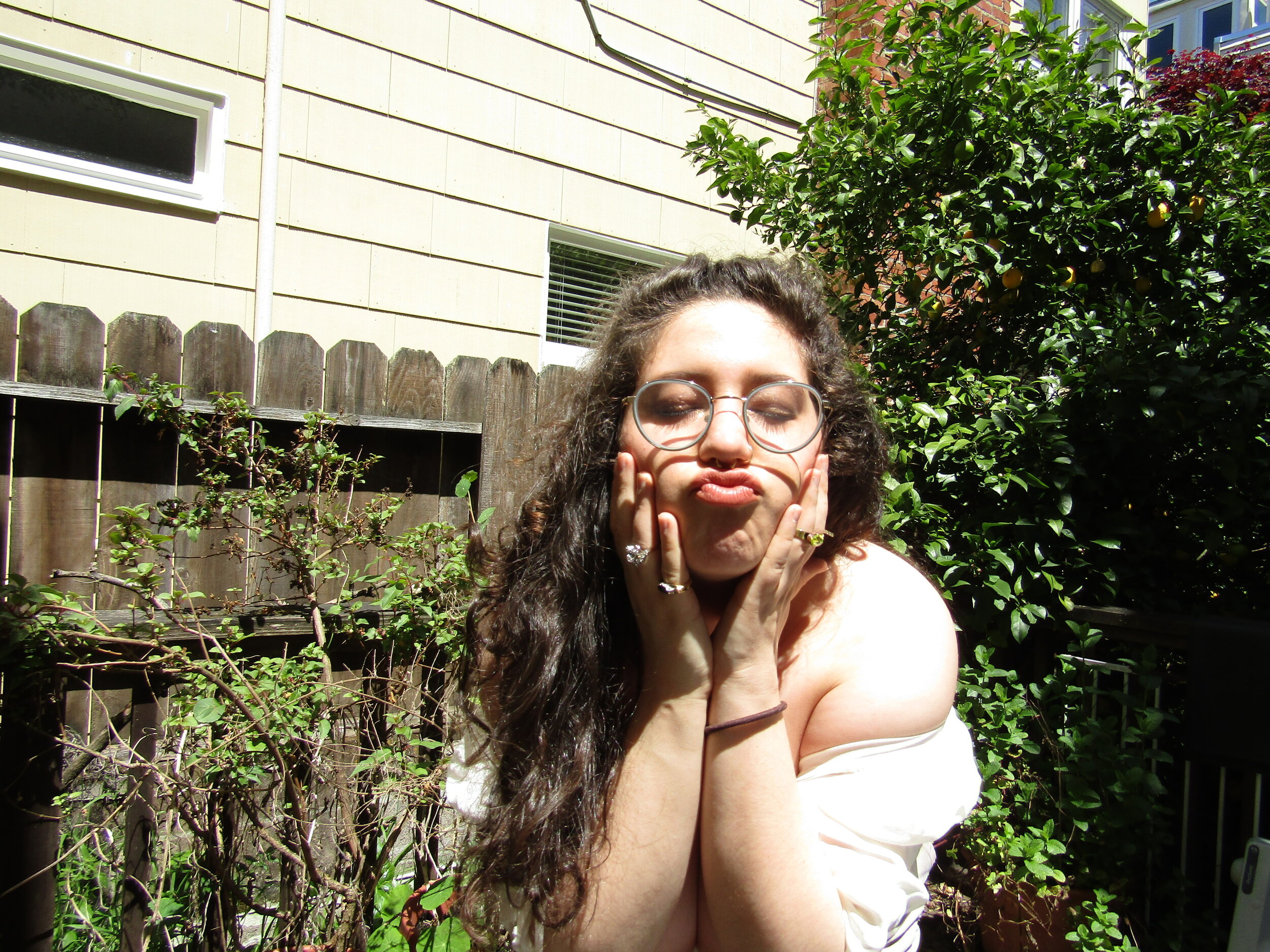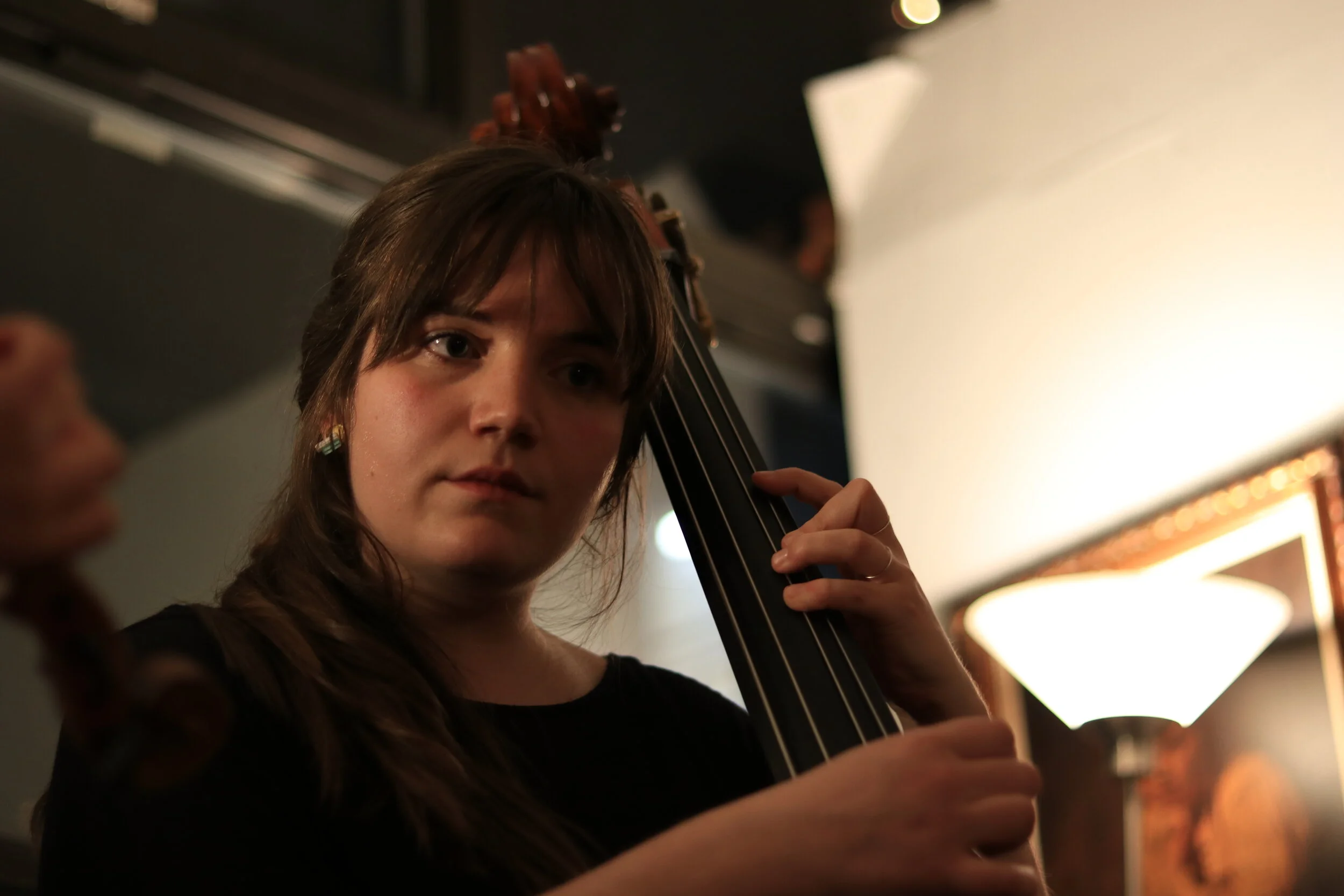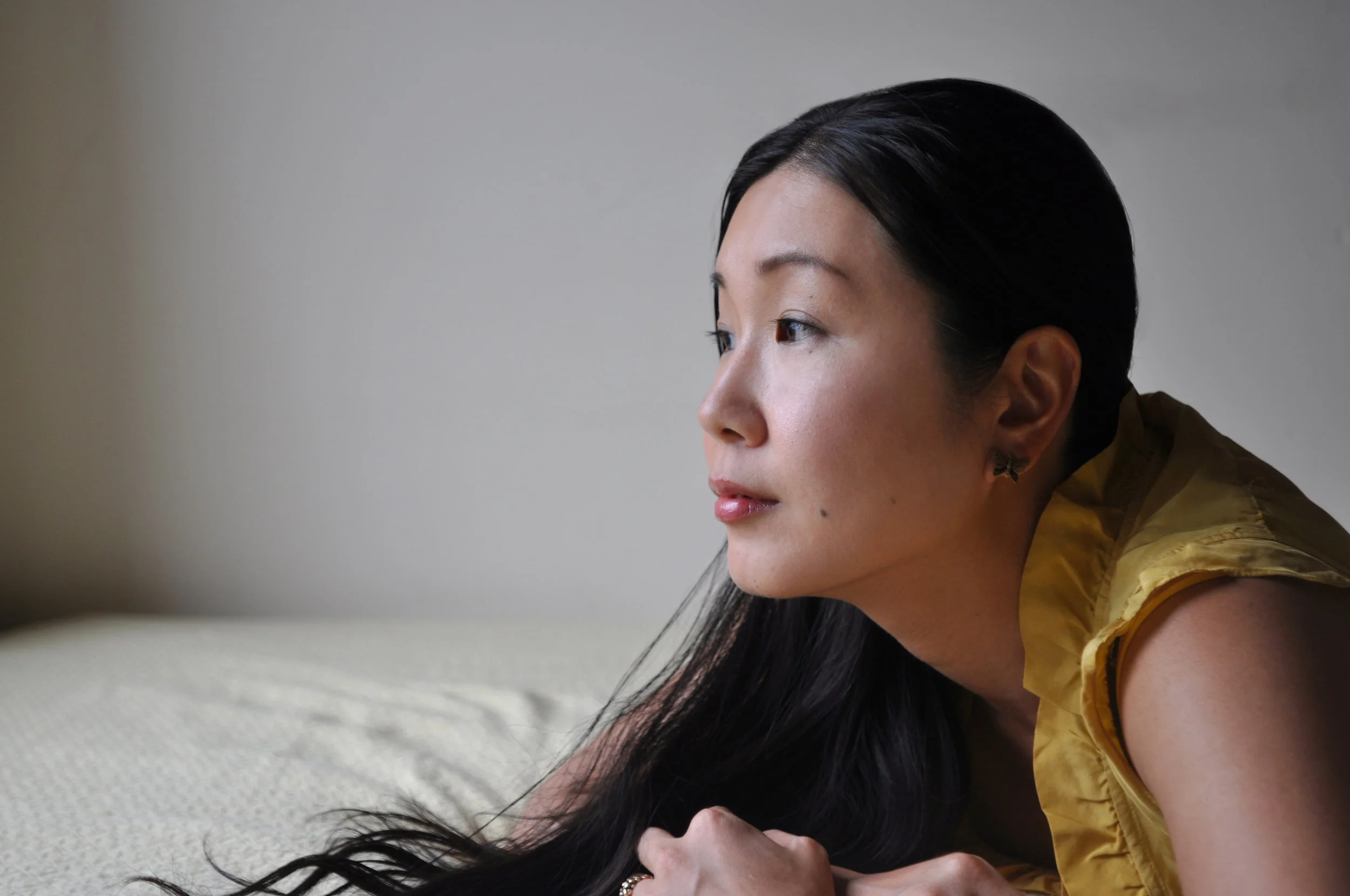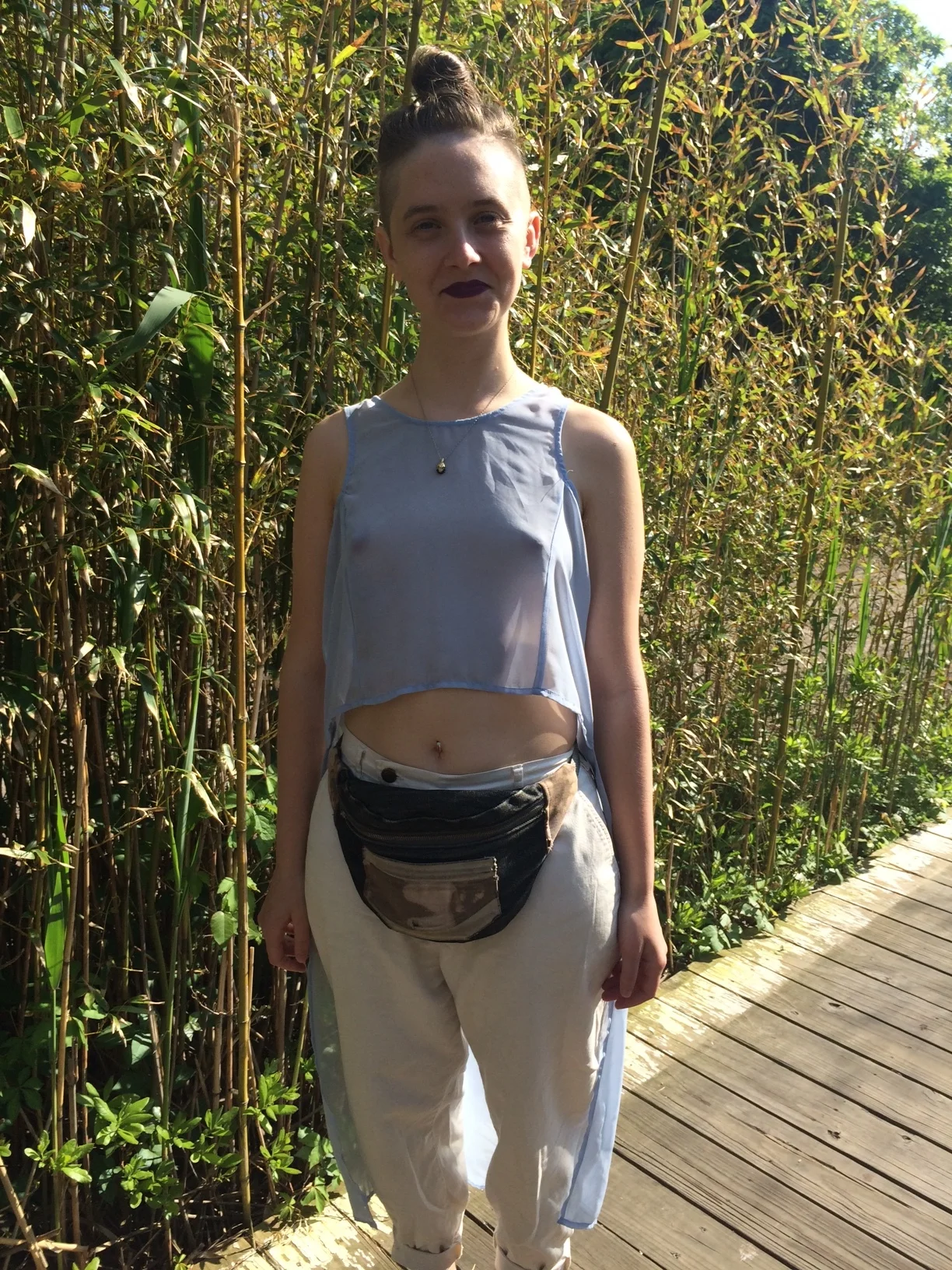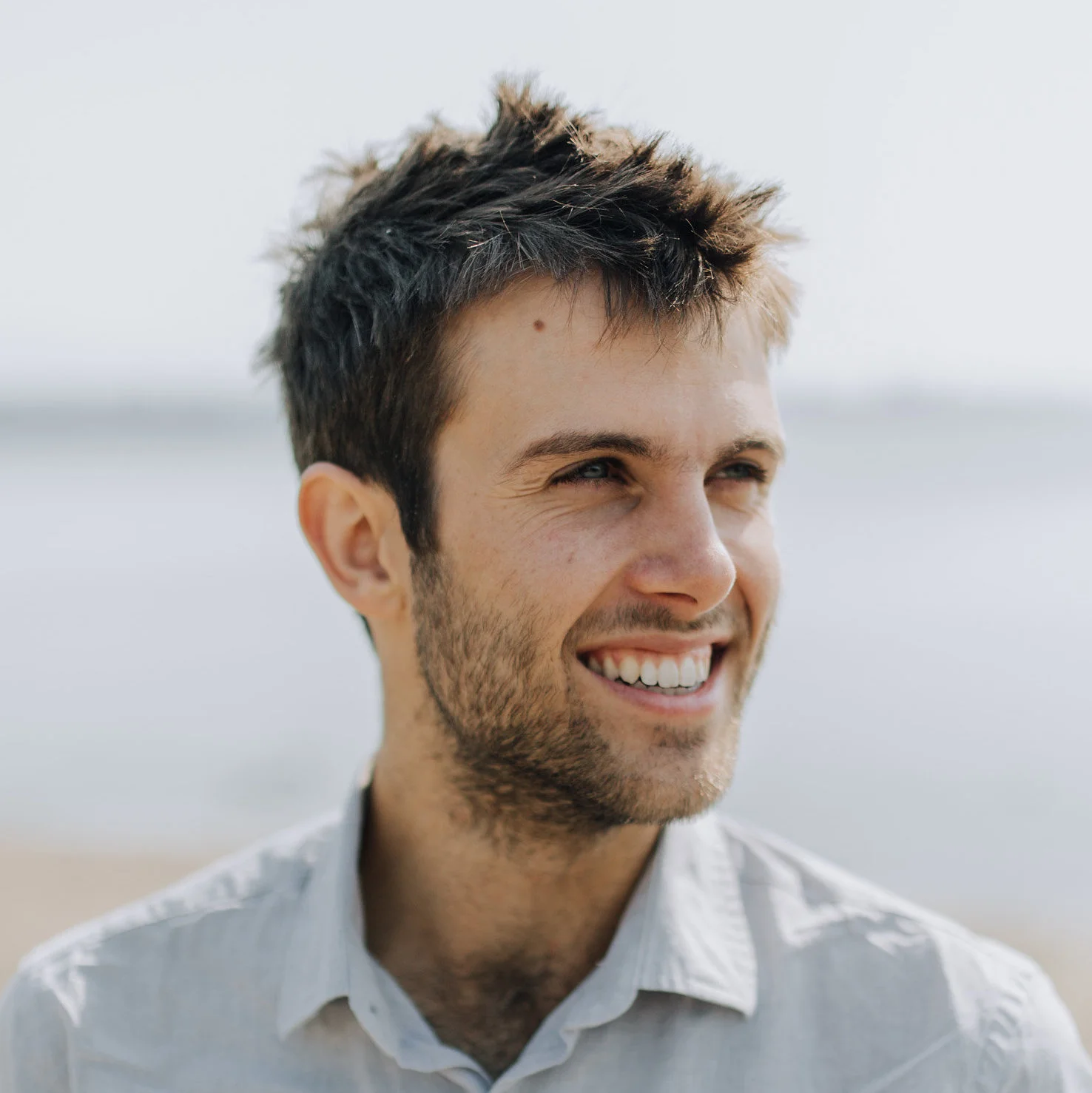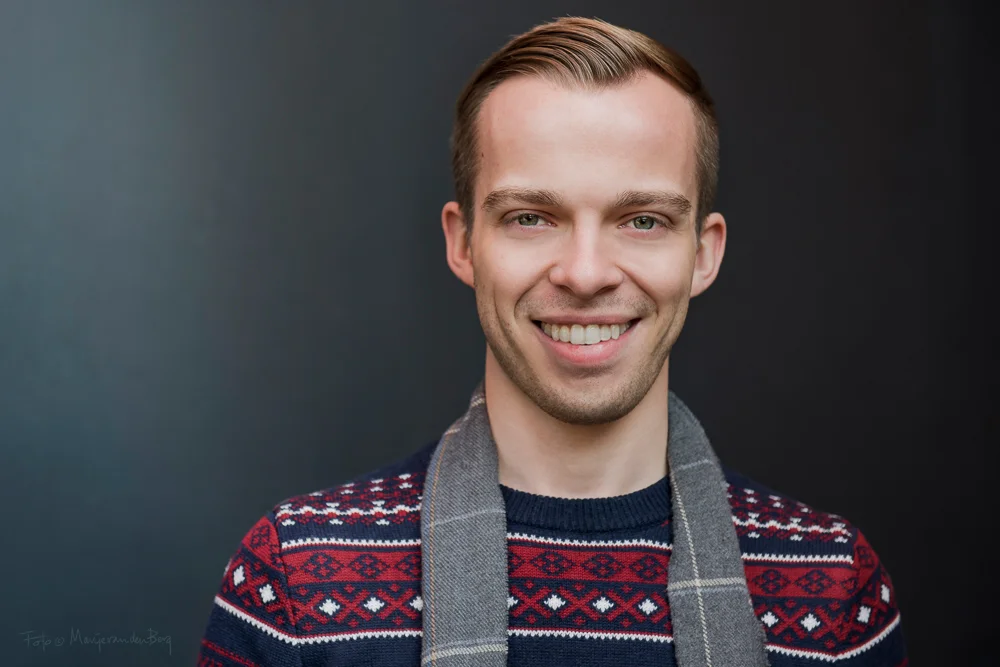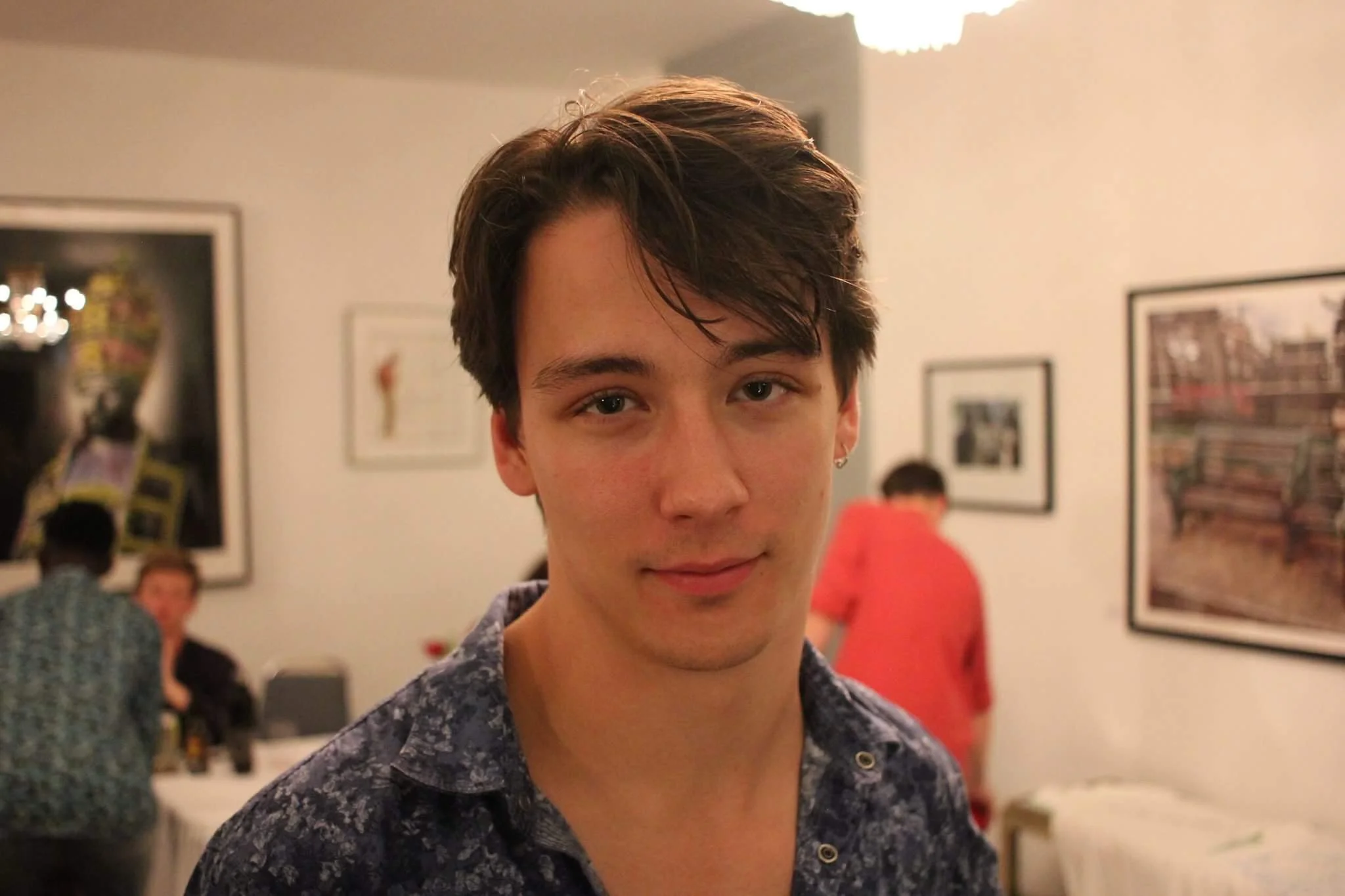COMPOSERS LAB
Since launching in 2017, NewAm's Genre-fluid Composers’ Lab has served over 80 musicians from around the globe including over 20 states and 10 countries. Designed as a revolving and flexible masterclass/workshop program for emerging/early career creators of music, the Composers’ Lab explores the challenges and opportunities of the current musical landscape. Past participants have come from many walks of musical life - including self-taught improvisers, doctoral candidates, touring indie musicians, established European EDM artists, and non-music major undergraduates.
The next Composers’ Lab round will run twelve weeks from September to December. Details below. Moving forward, the labs will be reformatted from past sessions to more deeply integrate guest speakers into the process. NewAm co-founder and former Mannes Conservatory faculty member William Brittelle and NewAm artistic associate Darian Donovan Thomas will oversee the lab and lead additional sessions. Discussion topics will include concepts developed in Brittelle’s Mannes courses on genre-fluidity and genre-fluid talks he’s given at universities throughout the United States. Sessions will include in-depth explorations of genre-fluid philosophy and the “meta realm” of composition, communal listening sessions, and group discussion of the attendees' work. Special focus is given to logistics, including detailed discussions of 21st-century music industry systems, basic mixing/production techniques, and emotional, artistic, and financial sustainability strategies. The Labs take place via Zoom in order to diversify attendance and make the program available to participants throughout the world. Attendees are not required to complete assignments aside from reviewing their fellow student's music, presenting music regularly (either in process or previously completed), and participating in lively weekly discussions.
GOALS:
Through its Composers’ Lab initiative, New Amsterdam hopes to help foster a sense of community and connection between today’s emerging genre-fluid music creators. By connecting attendees with both NewAm composers and like-minded emerging and established musicians from different locales, the program provides a robust support group for navigating a complex, ever-changing, and extremely demanding industry. The program is also designed to target issues especially pertinent to genre-fluid composition often glossed over in conventional educational and industry settings.
HOW TO PARTICIPATE:
Participation in the Composers’ Lab is by rolling application. Labs are limited to groupings of 6 participants and 1-2 fellows meeting once weekly for 2 hours in 12-week segments. Days/times are determined once participants are chosen. Costs are subsidized and kept at $25/per student per session ($12.5/hour) for attendees. Tuition is fully waived for fellows. The next two labs will run from September to December and January to March.
The application process is simple - please write a short email that includes basic biographical information (musical background, interests, etc.) and reasons for wanting to participate in the Composers Lab. Please also include 2-3 digital samples of your music, score inclusion optional. Email materials to: Education@NewAmPresents.org.
Emphasis is placed on creating a diverse lab setting featuring participants from different backgrounds throughout the world. Formal musical training is in no way a prerequisite for lab participation and musicians of all practices are invited to apply.
**There is no hard deadline for application, though submission before August 30th is requested for consideration in the Fall session. A session running from January to early April will follow and applicants are invited to apply for either session.


